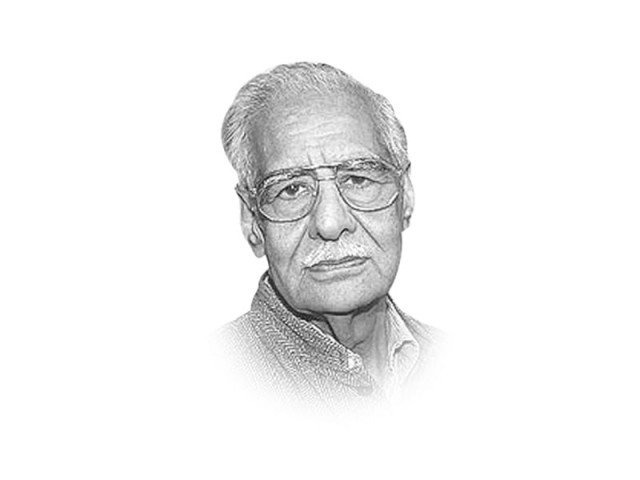The rise and fall of The Hindu
Unfortunately, a few newspapers in India have gone beyond the limits and made themselves into personal fiefdoms.

Therefore, I am sad to see The Hindu, a premier newspaper, running on the whims of the majority on the board, deciding on appointments or demotions on the basis of voting. This destroys the very essence of a newspaper. It is an open secret that The Hindu has been a divided house because of family wrangling. Today, nearly 95 per cent of Indian newspapers are owned by a single family but in most cases their members have settled their problems in an accommodative spirit, without any crude display of factionalism and vindictiveness as seen in The Hindu. The problem became intractable when N Ram, its editor-in-chief, cornered 60 per cent of the shares and began to dictate terms. This is not a common practice, not even in the corporate sector. There is something called the say of the minority. Ram did not bother about the feelings of the 40 per cent minority. The imposition of majority views in a newspaper is the antithesis of the cooperative spirit that the paper demands day after day.
The sorry state of affairs came out in the open when Ram started crowding out N Ravi from the editorship. What options did Ravi have when he was made redundant? The point to underline is that Ram, past the retirement age, will continue to supervise the work of the new editor till he himself decides to step down. It speaks volumes about Ram’s ambition to rule unchallenged. In contrast, N Murli, senior managing editor, has reiterated in his letter to fellow directors that he would abide by the retirement norms and step down at the age of 65 on August 11, 2011. In his letter, Murli has also expressed his “anger, anguish and sadness at the horrible happenings” in The Hindu over the last 15 months.
Outgoing editor Ravi has served The Hindu for 32 years. He was looking forward to the top slot, but was forced to quit. He says in his letter to his colleagues: “A combination of megalomania and a crass disregard of the values that The Hindu has always stood for have brought the institution to this sorry state. It is shocking that some of the board members should want to run a media institution like a company producing plastic buckets with purely commercial considerations and unethical practices overwhelming editorial interests and values, thereby damaging the credibility of the newspaper.”
Similarly, Malini, the executive editor, and Nirmala, the editor of The Hindu’s Sunday magazine, have also been superseded because they were part of the 40 per cent minority. Malini’s letter poignantly warns about the future of The Hindu: “I am deeply worried for the future of the newspaper given the scheme that is being contemplated by a group of directors who want to reduce the role of the editor to another functionary in the company, sitting along with business side executives, treating the editorial operations as another branch of the corporate banyan tree. By no means is this contemporising or professionalising editorial operations. While being market-friendly is certainly necessary, succumbing to a range of dangerous personal agendas including gross self-promotion is not in the interest of this great newspaper”.
Journalism is losing its sheen throughout the world. What Rupert Murdoch, the largest owners of newspapers and television channels, has done with the phone hacking scandal at the News of the World, has brought shame to the profession. In India, many proprietors have done well to keep their newspapers as newspapers, not a playground for propaganda or personal ambition. The changes made in The Hindu are ominous. Ram has muddied the water. The burden of so doing is on his conscience, not on Ravi, Malini or Nirmala, who are the victims.
Published in The Express Tribune, August 9th, 2011.














COMMENTS
Comments are moderated and generally will be posted if they are on-topic and not abusive.
For more information, please see our Comments FAQ